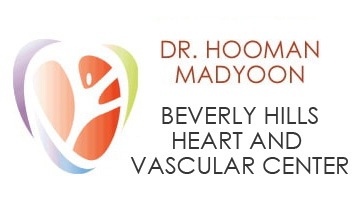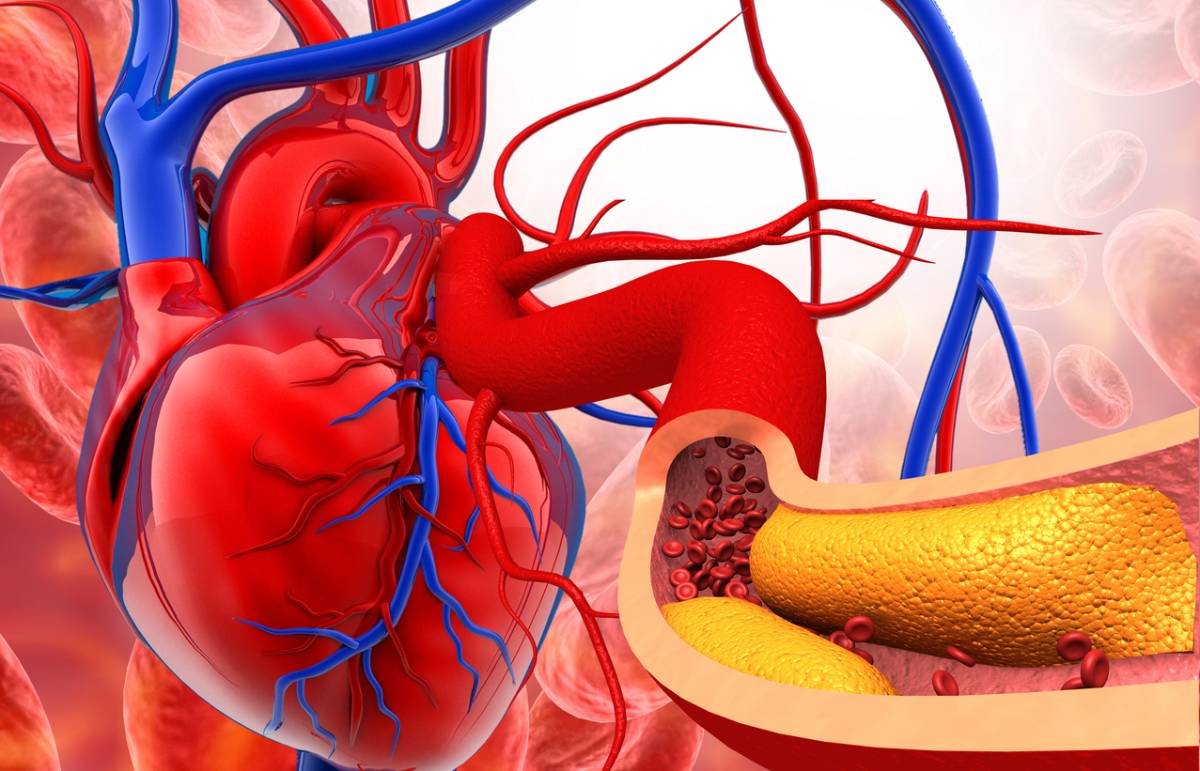The health of your veins is integral to your overall health. They are the structures inside your body that keep your blood flowing throughout your body. Issues with your veins can lead to unwanted symptoms and further health issues. Consider the following most common vein problems.
Most Common Vein Problems
Issues with your veins can impact your health in a variety of ways. While some are low-risk, others can be life-threatening. Common problems include varicose veins, chronic venous insufficiency, and deep vein thrombosis. Treatment is necessary, so consult with a cardiovascular specialist for varicose vein treatment. Below, you will find more information about the common conditions that impact veins.
Varicose Veins
Varicose veins are one of the most common vein problems. Roughly 25 million people are impacted by the condition. It is characterized by veins that are swollen and can be seen and felt just beneath the skin. They are often blue or purple. They are often not an immediate cause for medical concern. However, they can cause some discomfort and inflammation. Many people who have them are self-conscious about how they look. The condition most commonly impacts women.
Valve issues cause varicose veins. Veins have one-way valves that prevent blood from flowing backward. When the valves fail, blood can pool and impact the veins. This often results in the veins dilating and thickening. The symptoms associated with the condition include aching, heaviness in the legs, swelling, rashes, skin color changes, and leg sores. However, there are a number of effective varicose vein treatment options.
Chronic Venous Insufficiency
Chronic venous insufficiency (“CVI”) is another common vein condition. It occurs when the veins in the leg struggle to pump blood back to the heart. Weak valves cause the inefficiency. Healthy veins have one-way valves that prevent backflow when blood is pumped to the heart. However, once the vein valves are weakened, your blood can leak back and pool. This leads to issues such as stretching and dilation in your veins. CVI often develops due to varicose veins or blood clots.
Several factors increase your risk for the condition. Women are at a higher risk, and pregnancy can exacerbate this. Age, obesity, a sedentary lifestyle, and prior leg injuries are also common risk factors for CVI. Addressing CVI early on is important for your health. It can also improve your symptoms, as many patients experience swelling, achiness, heaviness, and discolored skin. A skilled cardiovascular specialist can assess your condition. This is often done through an MRV, which is magnetic resonance venography. This assesses the structure of your veins and the blood flow. Conservative treatments are often the first step, and they include elevation, compression, and exercise. If conservative treatments do not work, there are additional treatment options available.
Deep Vein Thrombosis
Deep vein thrombosis (“DVT”) is a serious condition that can be life-threatening if not promptly addressed. Roughly two million people in the United States are impacted by the condition annually. The formation of a blood clot in your veins characterizes it. The clot usually occurs in the lower half of your body. If the clot breaks off and travels through your veins, it can impact your lungs. This can be life-threatening as it can cause a pulmonary embolism. The condition is caused by reduced blood flow or vein irritation.
The risk of the condition can be heightened if you smoke, live a sedentary lifestyle, or have had a past leg injury. Pregnancy, age, and prior surgeries can also increase your risk. Common symptoms of DVT include swelling, leg pain, and color changes. However, in some cases, there may not be any symptoms. If you are at high risk for DVT, it is important to work with a cardiovascular specialist. If you have any of the symptoms related to the condition, prompt treatment is necessary.
Varicose Vein Treatment
If you want to get rid of your varicose veins, contact Dr. Madyoon and his team at Beverly Hills Heart and Vascular Center!

